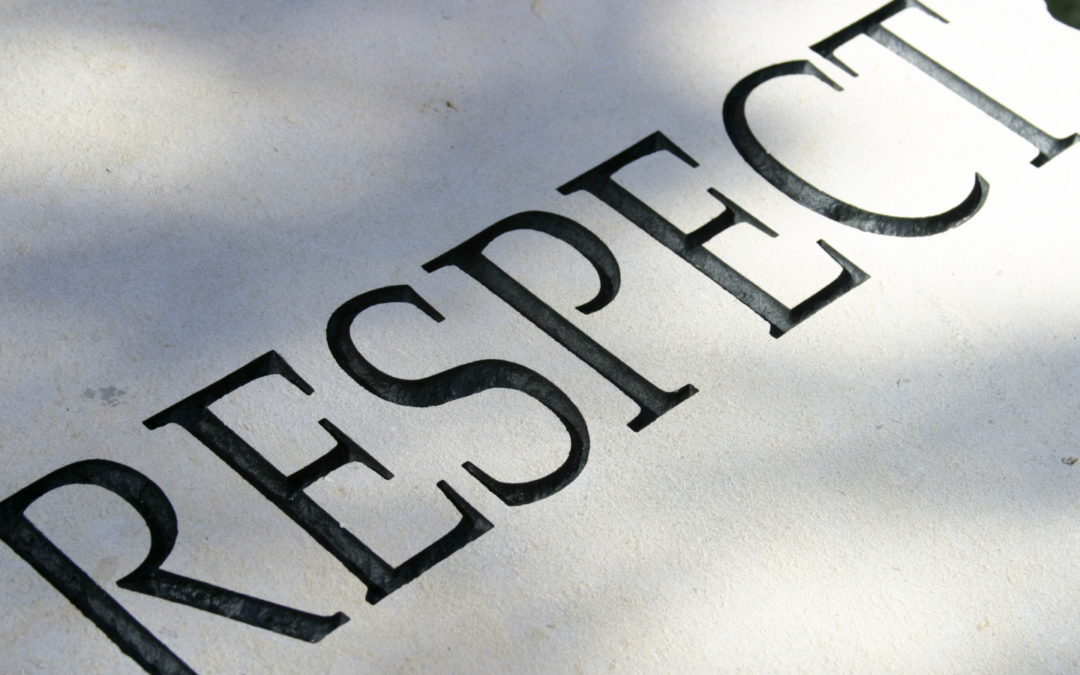Organizations are more focused on employee wellbeing in the post-covid era. Employers have understood the true value of employees, especially during difficult times. Even employees expect development opportunities within the company. According to a 2021 study, 87% of millennials believe that learning and development are important in the workplace and 59% of millennials claim that development opportunities are extremely important when deciding whether to apply for a position or not.
Workers have made it clear that if an organization wants to attract and retain talents, they need to think about their employees’ development. The most obvious and practical way to develop employees within the organization is through mentoring.
People with mentors are more satisfied with their jobs, have more productivity and upward mobility in their careers. While this sounds interesting, a mentor must be more than just someone with greater knowledge and experience in a specific field. A good mentor has certain personality traits that greatly influence their mentees.
While every mentor has a different personality and attitude, below are some common and crucial personality traits of a good mentor.
The Ability to Listen
“To say that a person feels listened to means a lot more than just their ideas get heard. It’s a sign of respect. It makes people feel valued.”
– Deborah Tannen, author and professor of linguistics, Georgetown University
The ability to listen is one of the vital personality traits of a good mentor. Most of the time when someone talks, we hear what they are saying – we do not listen to them actively. Active listening means having complete attention to what is being said and observing non-verbal cues like eye contact, hand gestures, tone of voice, etc.
A person who is interrupted by phone calls, text messages, people, or thoughts, is not listening actively; hence, is not able to understand what is actually being said.
A good mentor is always focused on the mentee when they are talking or sharing their challenges. This helps the mentor build trust, reduce conflicts, and find better solutions to mentees’ problems.
Empathy
Empathy is the ability to feel exactly what someone else must be feeling in a situation, see things from their viewpoint, and imagine oneself in their place. Often confused with sympathy (the feeling of concern for someone), empathy is walking a mile in someone else’s shoe.
People who are empathetic are often curious about other people, they are good listeners and even better conversationalists.
Being empathetic is a key aspect of a mentoring relationship. It’s important for a mentor to understand, evaluate, and feel the mentee in order to provide satisfactory advice and guidance. Effective mentors do it wonderfully at all points in their mentoring journey.
Clear Communication
Clear and effective communication is one of the most important personality traits of a good mentor. Needless to say that a mentor is considered an expert in a specific field. But having knowledge on a particular subject is one thing; to be able to clearly explain what you know is entirely another thing. Being clear while communicating is extremely important for mentors to build trust and maintain a strong relationship with mentees.
Not only does the sharing of knowledge, but without communication, mentoring sessions also become a growing list of to-dos which is demotivating and discouraging for both the mentor and mentee. A good mentor is one who knows how to engage mentees in conversations and get the most out of them.
Moreover, young professionals rely on their mentors to learn to communicate successfully. So demonstrating excellent communication skills is of utmost importance for mentors.
Also Read:
Improving Your Mentoring Skills: Active Listening
Top 3 New Mentoring Books to Check Out in 2021
Online Mentoring Courses – Highlights from Mentoring University
Want to Learn Top Mentoring Skills
Our mentoring courses are based on humanistic psychology, with techniques curated from thirty years of applied mentoring experience. Learn top mentoring skills and best practices for a successful mentoring relationship.
EXPLORE COURSES
